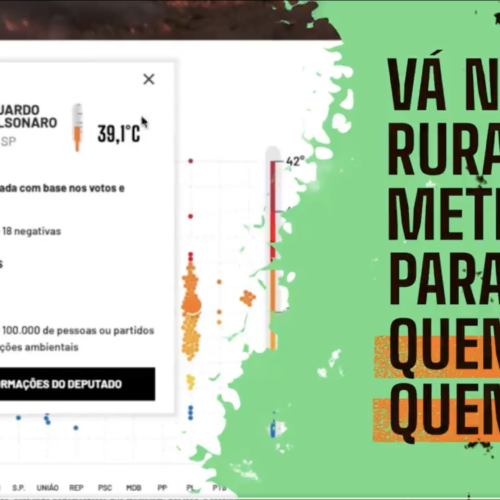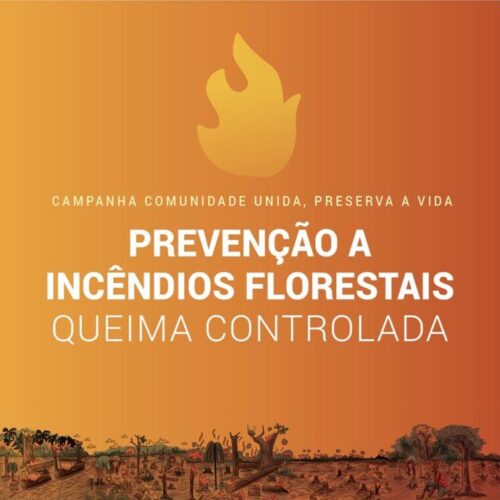In an ordinance published in the Federal Official Gazette (DOU) on December 3, the National Institute of Colonization and Agrarian Reform (Incra) presented the program “Titula Brasil [Acquiring Deeds Brazil]”, which outsources the process of land regularization of Union or Incra lands through a partnership with municipalities throughout Brazil, “with main emphasis on the nine states of the Legal Amazon”, according to a official statement from the government.
In 60 days the government will announce more details of the measure. So far, what is known is that it will be up to the municipality to nominate technicians who will carry out the survey, either municipal officials or external employees. Those chosen will receive an online training given by Incra and, once qualified, will act as outsourced employees of the Institute.
Servants, environmentalists, and congressional representatives – who have asked for the courts to annul the ordinance – have pointed out that the program facilitates land grabbing and threatens indigenous territories and quilombolas [Afro-brazilian traditional communities]. This would be another step by the government toward regulating illegally occupied lands, they warn, recalling the provisional measure known as “MP da Grilagem” [Land Grabbing Provisional Measure] published by Bolsonaro at the end of 2019, and later transformed into Bill 2.633/2020, still under analysis in the House of Representatives.
To the newspaper O Estado de São Paulo, the director of the National Confederation of Incra Servants’ Associations (Cnasi) classified the proposal as “disastrous”. “With this decision, all of Brazil’s land grabbing will be regularized in a short time. This will prevent new land reform settlement projects, new regularization of quilombola territories, new indigenous areas and new areas of environmental preservation. It is an inconsequential and disastrous decision for democratization of access to land and for the environment,” he said.
Another critical point of “Titula Brasil” is the possibility of remote inspection by geo-referencing. According to the G1 portal, an audit by the Comptroller General’s Office (CGU) pointed out that Incra did not carry out any face-to-face inspections in 2019, “essential to ensure that the regularized land is not the target of land theft or is in dispute among families”, say experts.
Sources:













